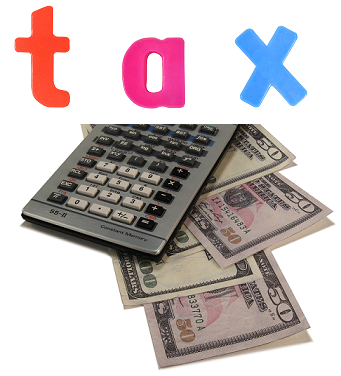Having a boss does come with its advantages. For starters they are responsible for calculating your PAYE, income tax and NIC deductions, meaning you don’t have to worry about contacting the HMRC every year.
However this doesn’t mean you can’t easily handle your taxes when you become self-employed. As long as you remember to do the following, it is possible to manage your taxes and workout what cash you are left with each year.
Things to remember when becoming self employed…
- You are responsible for paying your own tax and National Insurance contributions – keeping business records, invoices and details of your income will enable you to fill in a Self Assessment Tax Return at the end of each tax year.
- You will need to inform the HMRC immediately as soon as you become self employed (even if you already fill in a Tax Return). If you don’t, you may be charged penalties.- You can inform them by registering online for business taxes. This will allow them to set up tax records and a Self Assessment Online account.
- You will need to provide details of your earnings and other income each tax year using a Self Assessment Tax Return. Each tax year runs from the 6th April to 5th April and can be completed online or by paper.The HMRC luckily provide detailed guidelines on how to fill in this return online, but to make this process even simpler you can employ a chartered accountant to handle your accounts and submit this return every year.
- When you become self employed you will normally have to pay Class 2 National Insurance contributions (a flat rate of £2.65 per week unless you earn under £5,595 per year (2012-13), in which case you pay nothing). If however your annual profits are between £7,605 and £42,475 (2012-13), you will have to pay Class 4 National Insurance contributions of 9%, and 2% on any profit over that amount.
- You may have to pay VAT if your business turnover is more than £77,000 (the current VAT threshold). In this case you will have to register for VAT.
- It is vital that you keep invoices of sales and purchases, receipts for business expenses and bank records to make filling in your tax return easier.
Bear these 6 points in mind, and taking the step to becoming self employed doesn’t have to feel so daunting.
However if you are genuinely worried about handling your own taxes and meeting the HMRC’s deadlines, then employing the help of a chartered accountant can help you to resolve your tax issues and make sure you pay the correct amount at the correct time.



